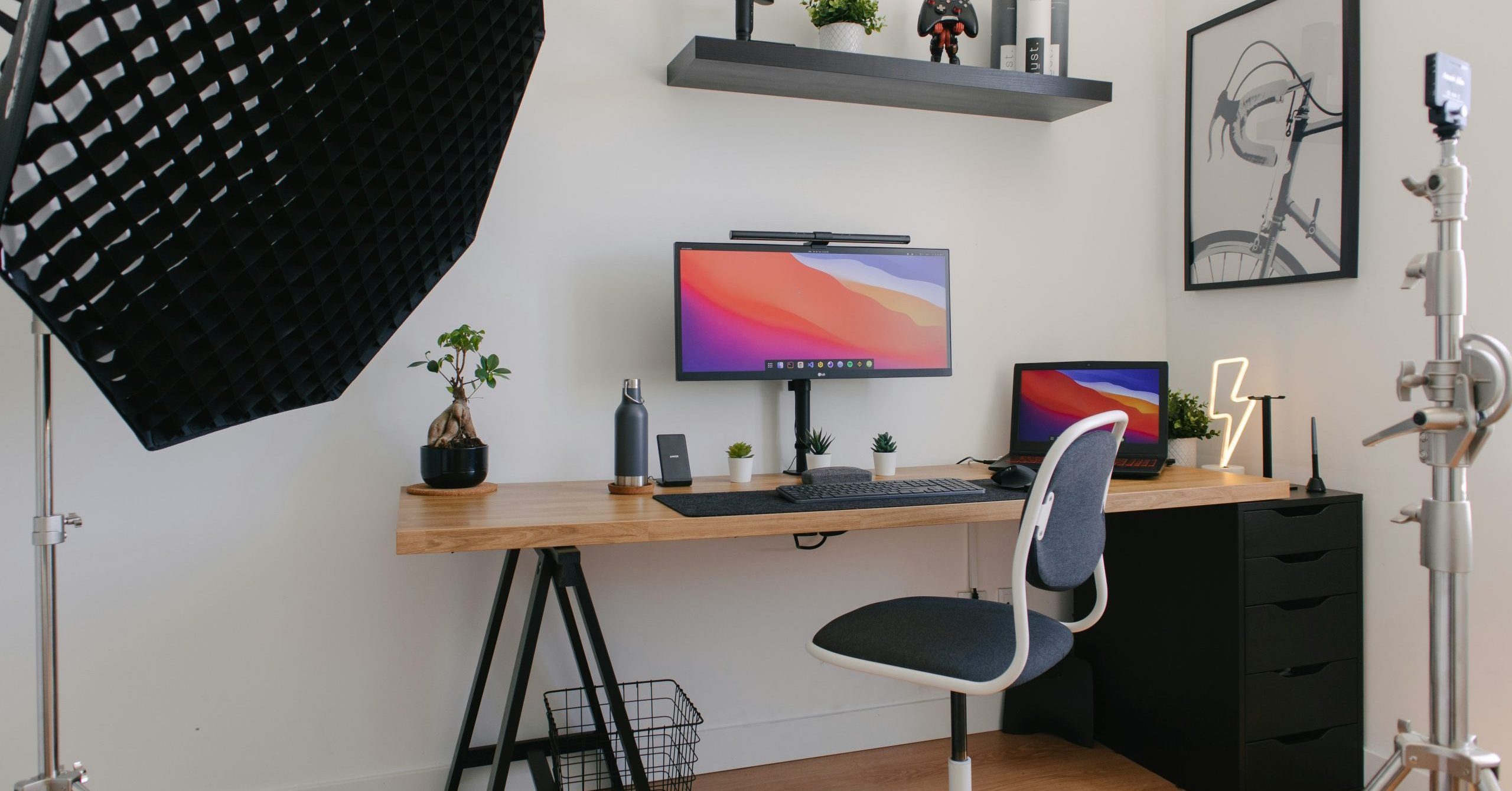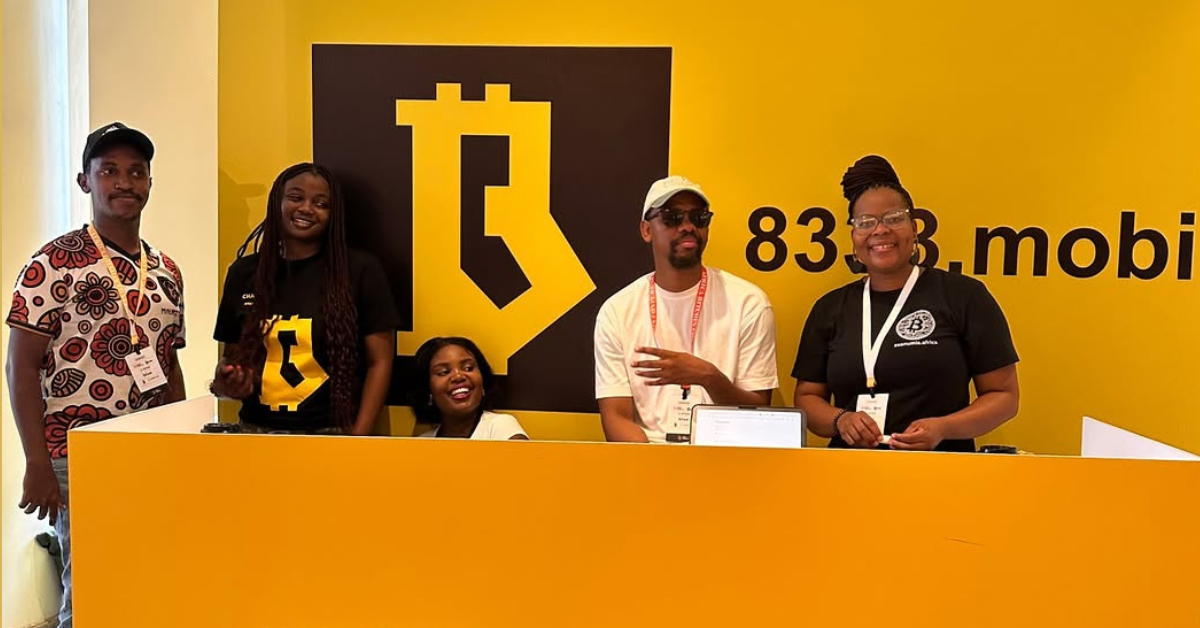On October 6, I visited the Kofar Mata Dye pits located in Kano, Nigeria—the oldest and last of its kind in Africa.
Some of the pits were filled with indigo dye made from locally sourced ingredients. I watched as the dyers pounded the fabrics in the pits to make sure they were immersed in the dye. Afterwards, beautiful native attires were made out of fabrics.
I later moved to a different section of the compound where people used wooden mallets to repeatedly hit the clothes until all the wrinkles were gone. Even with the advent of the modern pressing iron, these men still stuck to their ancient processes. The narrator in the background said that the fabrics from Kofar Mata Dye pits face competition from imported fabrics which are cheaper and often of lower quality.
The visit lasted 10 mins. When it was over I took down my Meta Quest 2 headset, to find Malik Afegbua, the director of the 360° documentary I had just watched, standing beside me.
I’d been to Kano while at the Extended Reality (XR) Exhibition event in Lagos where Meta unveiled the six finalists from the ‘Future Africa: Telling Stories, Building Worlds’ programme. Extended Reality is the umbrella term for immersive technologies—virtual reality, augmented reality and mixed reality—that blur the line between physical reality and digital fantasy.
Over the course of the next 2 hours at the event, alongside many other guests, I visited the stands of the 5 other finalists.
South African Xabiso Vili’s speculative fiction ‘Black Boi meets Boogeyman’ was impressive in that it offered multiple endings.
Michelle Angawa’s ‘Thao: 1000 Shillings in Nairobi,’ took me through the day of a boda boda rider’s life as he wades through a series of absurd encounters in an attempt to pay a motorbike loan of KSH 1000 ($10). The short tragicomedy film was humorous in its depiction of the life of many boda boda riders in Kenya.
Taking the attendees out of the earth, Nirma Madhoo’s 444.2XR celebrates the constellations of dispersed diasporic African identities. 444.2 is the distance in light years to isiLimela (later named the Pleiades Constellation), often explained as the cluster of stars most obvious to the naked eye in the night sky.
Pierre-Christophe Gam’s ‘TOGUNA’ art installation was a refreshing experience and Dylan Valley’s Cissie Gool House documentary showed a precarious housing occupation in a new Cape Town hospital.
This event, which took place a year after Facebook rebranded to Meta, underscored Meta’s commitment to building interest in the Metaverse across Africa. Beyond gaming, Virtual Reality has the potential to help Africa tackle major issues in education and healthcare, amongst other pressing issues the continent faces. Students can be transported to new locations such as the pyramids of Egypt for excursions at a lower cost and VR for physical therapy has been shown to be effective in speeding up recovery time.
“We know that Africa holds immense talent, which we see reflected in the experiences curated, and as we set our sights on the metaverse, we believe creators, especially those on the continent, will play a key role in unlocking its potential,” said Sherry Dzinoreva, Meta’s Public Policy Programmes Director, Africa, Middle East, and Turkey.
Led by Imisi 3D CEO Judith Okonkwo and Teamepic CEO Dale Deacon, the African XR report which funded by Meta was also announced at the event. The report chronicles the evolution of the XR space in Africa making reference to the launch of Kenya’s Black Rhino VR production company in 2015, with Electric South in South Africa and Imisi 3D in Nigeria the following year.
The 326-page document highlights the opportunities, challenges and different players within the African XR ecosystem, sharing insights from surveys carried out across 20 African countries.
Despite the apparent use cases of VR, widespread adoption is still slow. This is because it’s expensive to make content and VR headsets are relatively expensive for the average African. A decent VR headset costs from about $350 upwards, which is rather expensive considering that 85% of Africans live on less than $5.50 per day.
“It cost about $40,000 to make this short 360° documentary because nobody rents out their gear, so I had to buy 360° cameras and drones.” Malik Afegbua told TechCabal. “Post-production is also expensive because it requires skilled hands, which are rare.”
A similar 10-15 mins 2D documentary will cost about $7,000, he added.
Building the virtual office of the future
In the bid to find a middle ground, many virtual reality companies like Meta are launching their products as enterprise tools for remote work, hoping that corporate clients can better stomach the high price of VR headsets.
A week later on October 11, at Meta Connect, Meta’s annual event devoted to augmented and virtual reality, Mark Zuckerberg officially announced Meta Quest Pro, a new high-end and advanced VR headset that goes $1,499.
Unlike the previous Meta Quest headsets which go for less than $400, the Quest pro is targeted at high-end professionals and knowledge workers who are willing to pay $1,500 for a laptop.
“Basically, this is a step toward all 200 million of those people who get new PCs every year starting to instead do some of the work in VR. In addition to all the folks who are gaming, hanging out socially,” Zuckerberg said in an interview.
Meta also announced a partnership with Microsoft to bring familiar Microsoft productivity applications such as Word, Excel, PowerPoint, Outlook and SharePoint into Meta’s VR. The goal is to build the “Virtual office of the future.”
Meta also announced a partnership with Accenture to help businesses adopt Meta’s hardware and software.
These announcements and recent events by Meta highlight its commitment to bringing a billion people into the Metaverse within the next decade. In Africa, it sure won’t be a walk in the park with the hurdles earlier identified.




















